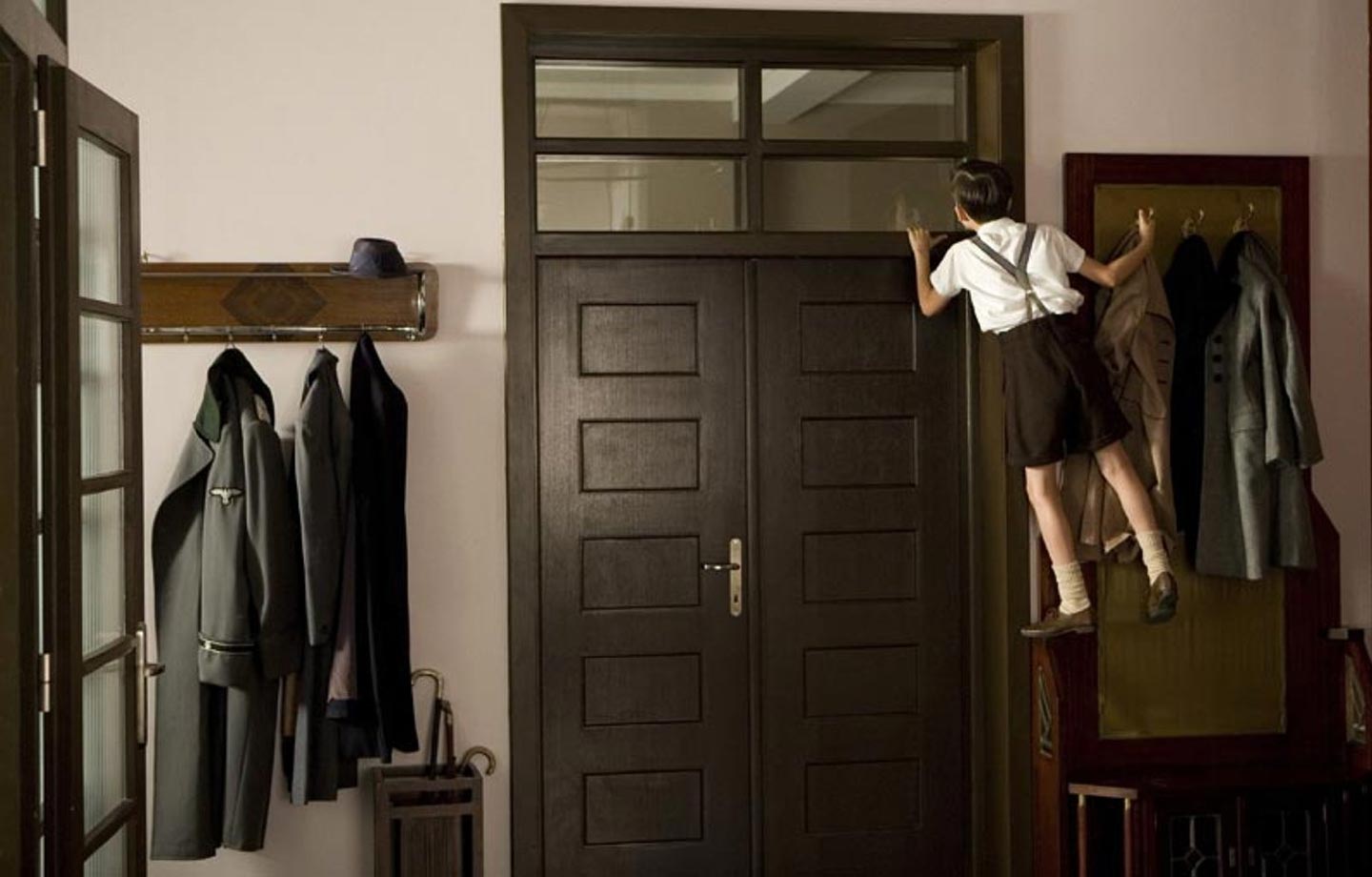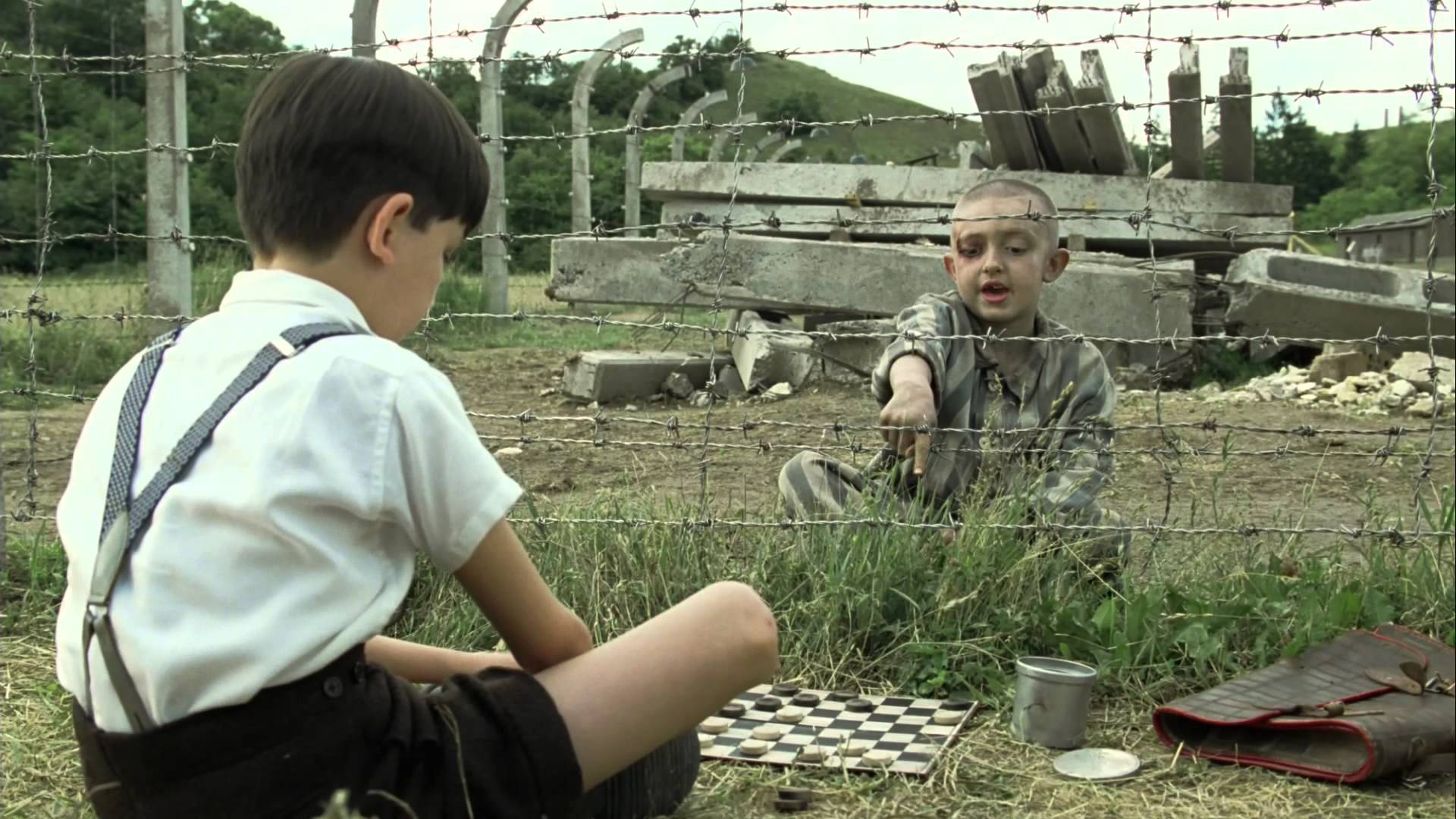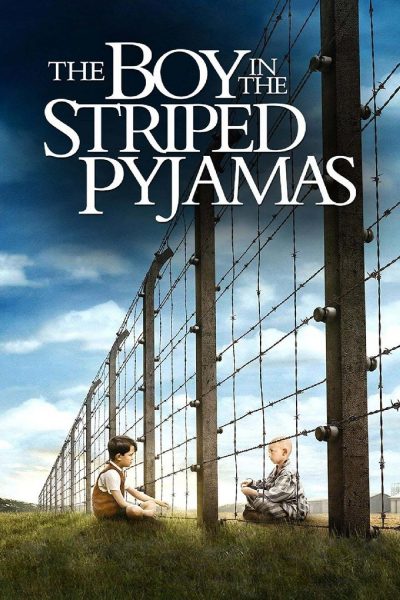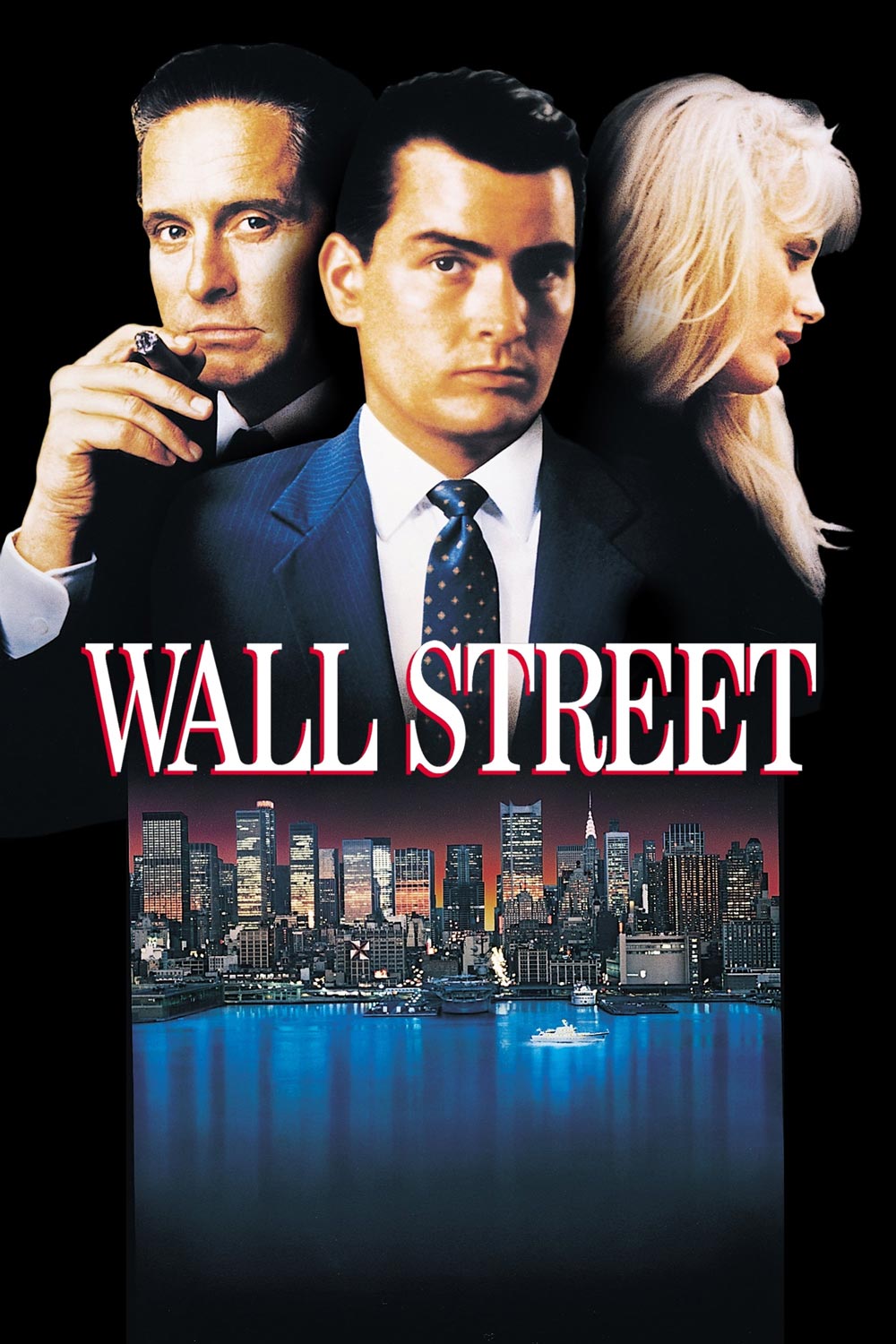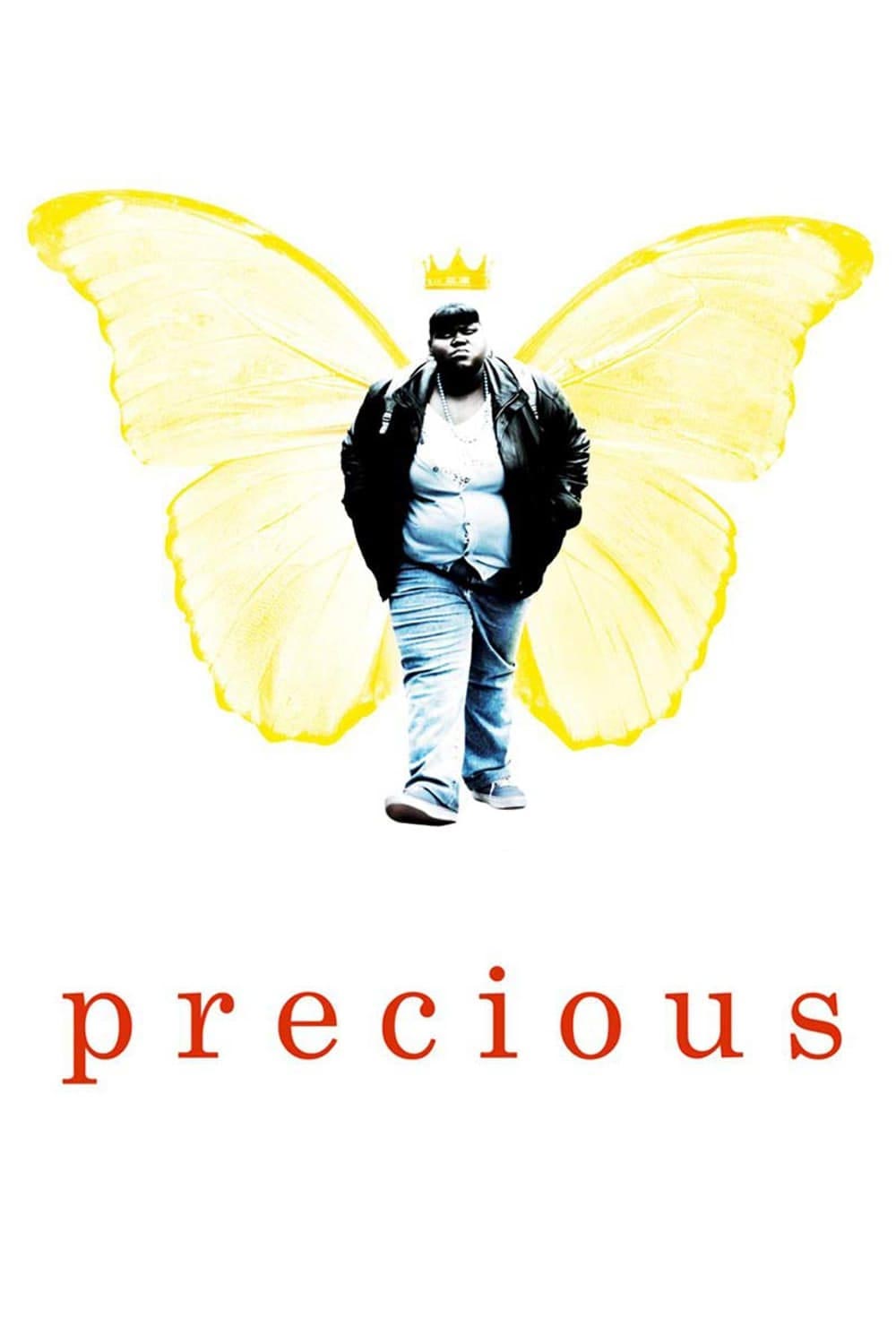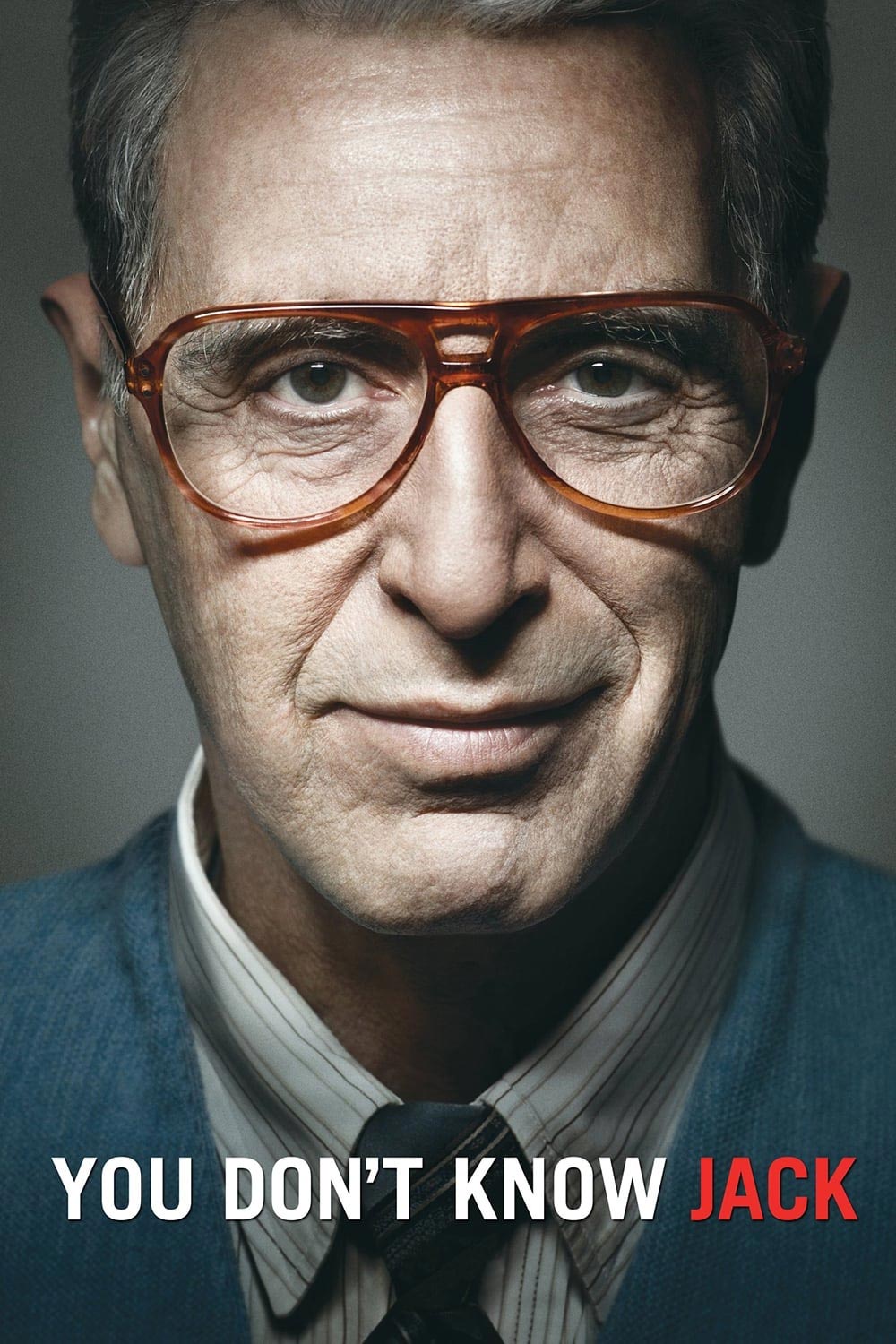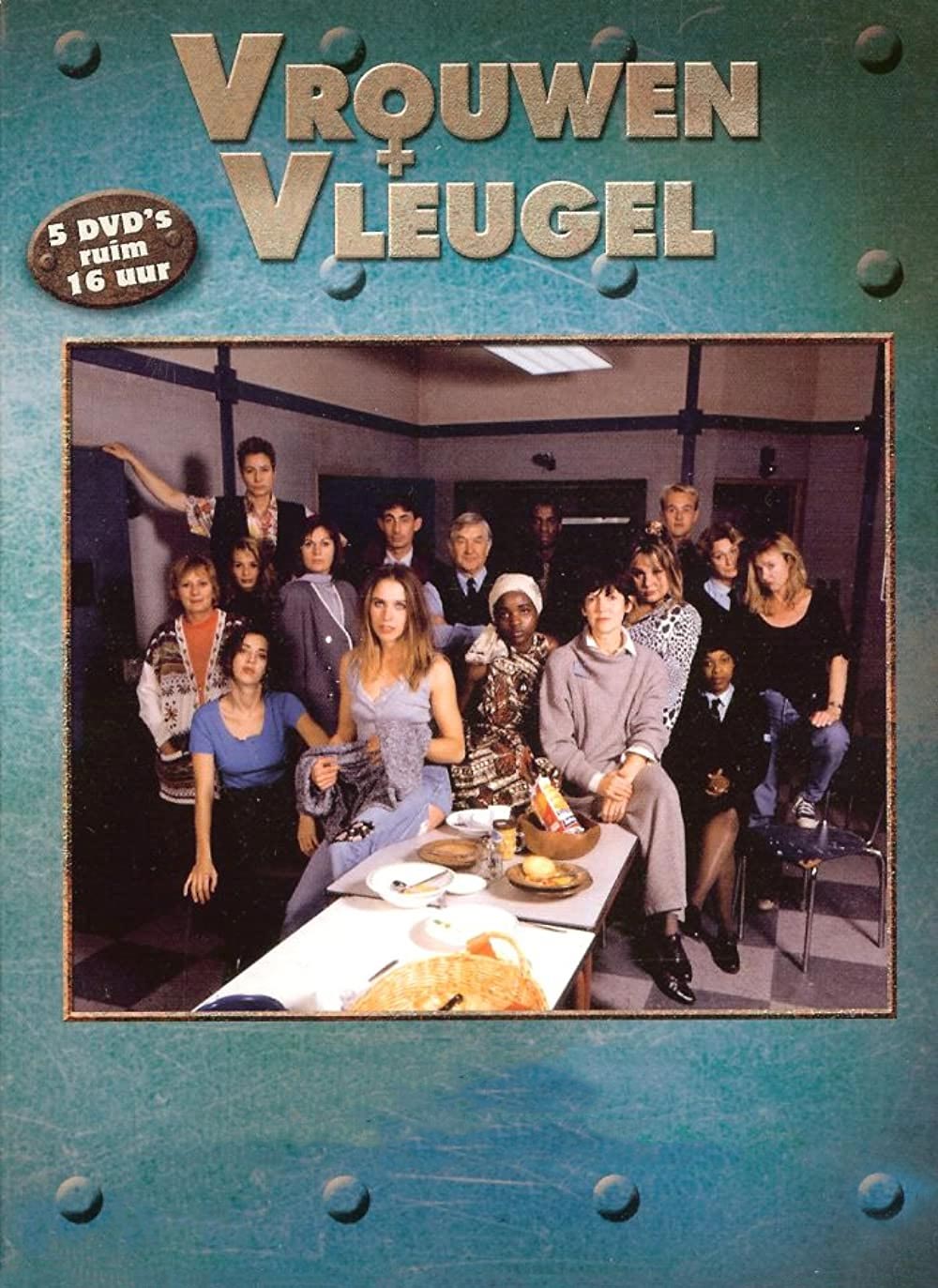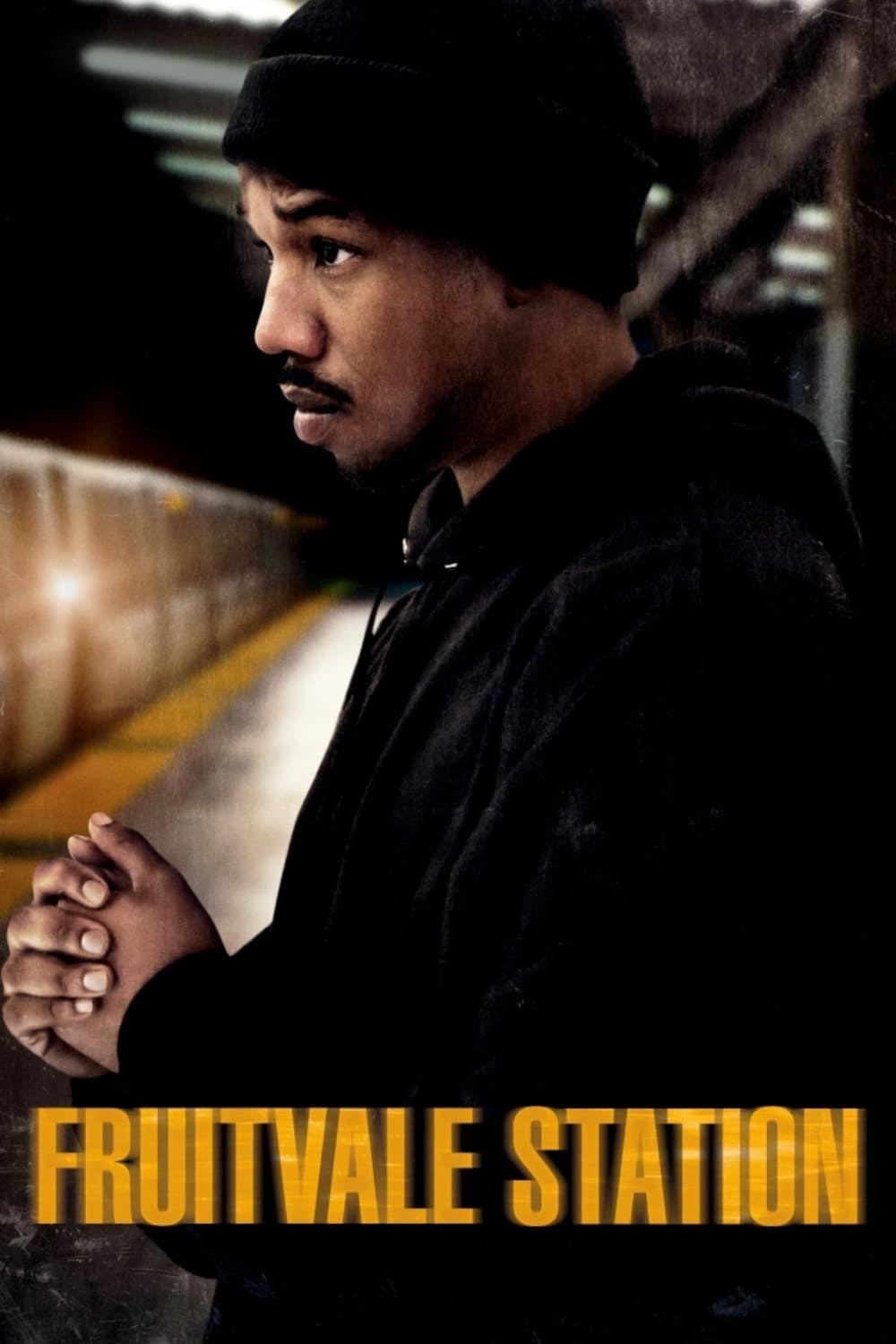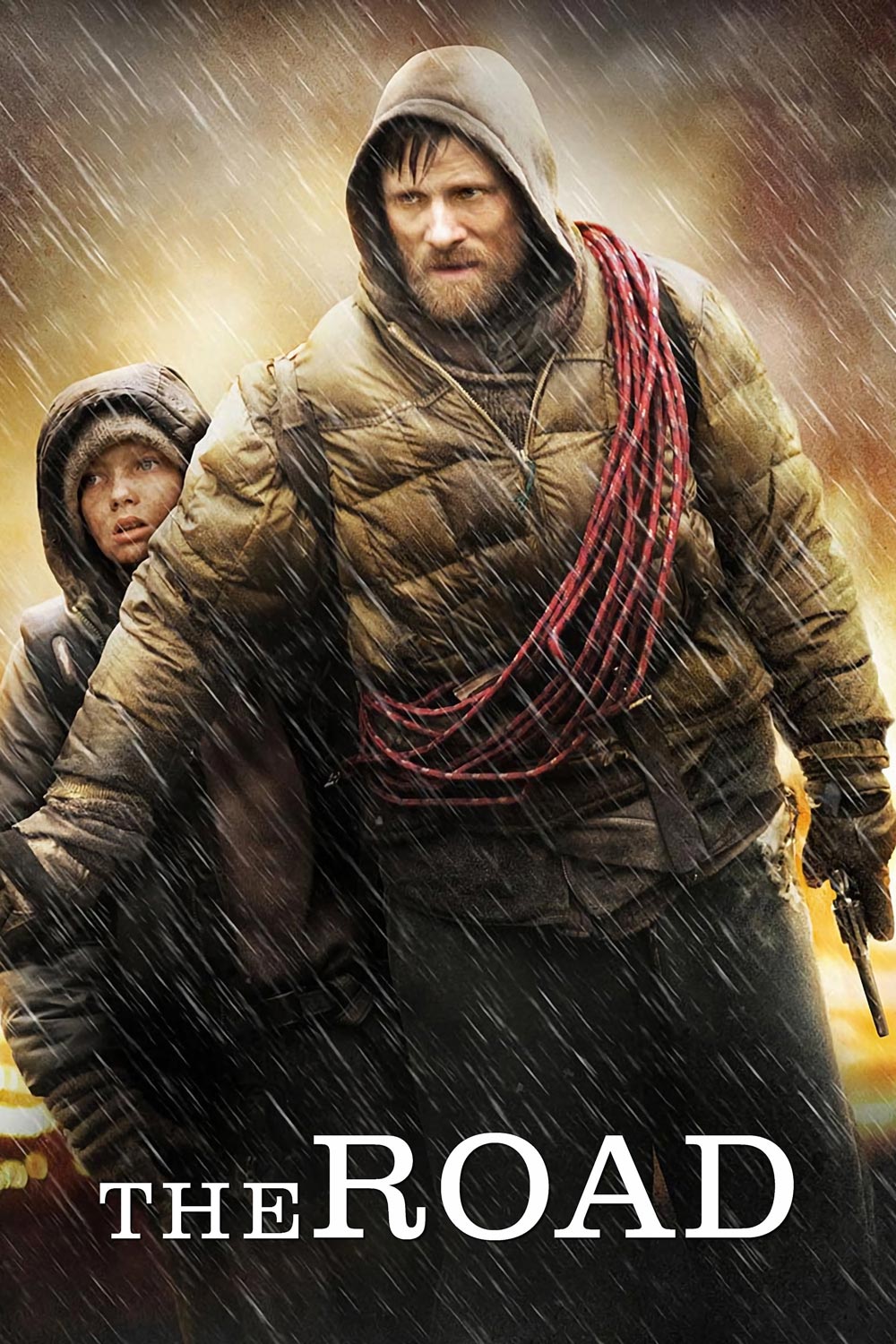Published on
The holocaust was such a unique and horrific event in recent history that it will probably influence artists to make books and movies about time for times to come. Whenever you get the feeling that every story about it has been told there comes an Inglourious Basterds or in this case The Boy in the Striped Pyjamas. A movie about a young boy whose dad is running Auschwitz, while he himself thinks it’s a famr and befriends a Jewish kid behind the fence. A doomed friendship right from the start.
Bruno is 8 years old when his family is moving from the city to the countryside due to dad’s new job. This job turns out to be running Auschwitz, still in stages of construction but already operational. Bruno has been told it’s a farm and is only allowed to play within the boundaries of his own home, which also partially serves as his dad’s office. Bruno, who has a dream of becoming a great explorer, starts practicing his future career by sneaking out of the garden and walking through the forest until one day he reaches the fence of the rather peculiar farm where the farmers wear striped pyjamas. Here he meets a boy his age, the Jewish Shmuel, who kind of befriends him. While his sister is getting brainwashed with Nazi propaganda he himself is questioning why he’s supposed to hate people like Shmuel who apparently are actually nice.
Movies like this have multiple goals. They want to confront you with monstrosities that actually happened and show you how it could have gone this far. They want to bring you to tears and they want to probably want to rake in tons of awards as in the past War movies are an easy way of creating heavyweight drama which will gather awards everywhere. Just like biopics do.
The Boy in the Striped Pyjamas shows us World war 2 from 2 different perspectives. 8 year old Bruno, and his mother who has been learned to hate the Jews as well but questions her thoughts and her husband’s job during the course of the movie. The role of the mother is probably actually the most important part of the movie as it gives us an insight on how it could be that this systematic destruction of million sof people could happen without massive protesting. The mocked “Wir haben as nicht gewusst” is scarily true as what was going on in the camps for real was a secret not even the wives of the camp commander knew that the foul stench coming from the chimneys were actually people and not garbage and such. To the outside world these camps were presented as small communities with sports activities, a cafeteria and a shop. You would amost book your holiday for a camp like this if you saw the commercial on TV.
If the movie focussed on the mother more it would have probably been a better movie as Bruno’s naive attitude takes a real stretch. Bruno believes it’s a farm even though the Jews behind the electric (!) fence don’t look as farmers at all. Shmuel tells about the place about the place but it somehow never adds up in his mind what this place really is. At some points it became laughable that this kid kept on believing this was some kind of great camp to be in while Shmuel doesn’t even get a good meal and asks Bruno to bring food.
It’s also takes some suspension of disbelief as there are no guards in Auschwitz who monitor the fence and interupt the contact between Bruno and Shmuel. It’s also strange that nobody notices Bruno constantly being gone, while his only allowed in the house or in the front yard.
The Boy in the Striped Pyjamas is a movie that wants to work on your emotions more than educate you on the holocaust. Ironically I found the elements that did educate me more interesting than the emote-part of the movie
